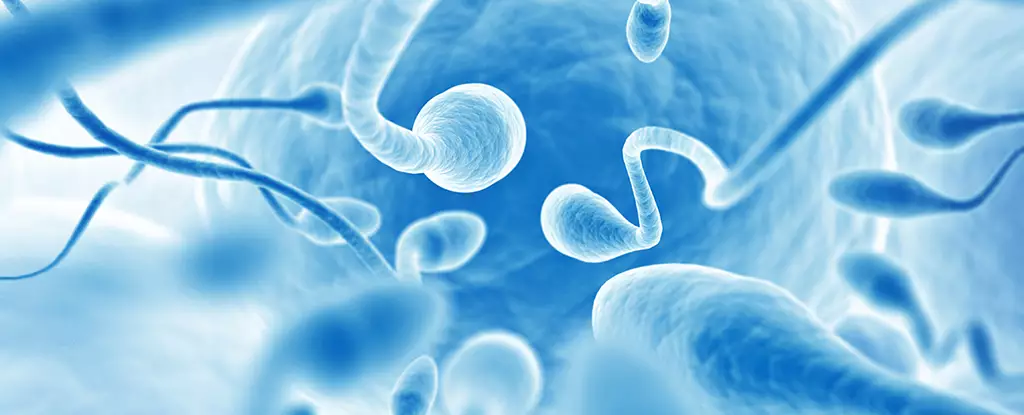As mankind continues its quest to explore and potentially inhabit other planets, one inevitably crucial aspect remains shadowed in uncertainty: the ability to reproduce in microgravity environments. Recent research from experts at the Technical University of Catalonia, in collaboration with Dexeus University Hospital in Spain, has uncovered significant issues related to human sperm functionality when subjected to microgravity. These findings illuminate the critical challenges that lie ahead for sustaining human life beyond Earth.
In their groundbreaking study, researchers collected 15 different human sperm samples, methodically dividing each into two portions. One portion remained grounded on Earth, while the other encountered the aviational challenges of microgravity through parabolic flights. The results were alarming yet informative; sperm that experienced microgravity exhibited reduced motility and vitality. Though these sperm did not perish, their ability to move toward fertilization prospects was markedly impaired.
Such findings hone in on the critical aspect of sperm motility and vitality — factors essential for successful fertilization. The study stressed that the curvilinear velocity— the speed at which sperm navigate toward an ovum— took a particularly severe hit. This matters profoundly as lower sperm motility translates into diminished chances for conception, thereby threatening human progeny during long-term space missions or settlements.
While some would assume that a total loss of sperm health would occur under such extreme conditions, the report clarified that certain areas of sperm integrity remained intact. Measurements regarding DNA fragmentation, sperm morphology— or shape— oxidative stress levels, and even apoptosis (the process of programmed cell death) showed resilience in the face of microgravity. Essentially, while microgravity poses a substantial hurdle to sperm motility, it doesn’t entirely wreck sperm health.
Understanding why microgravity creates disturbances in sperm functionality remains an area requiring further investigation. Researchers hypothesize the disruptions could be linked to altered chemical processes vital for maintaining sperm vitality and movement. A deeper comprehension of these chemical shifts is key to mitigating future risks associated with human reproduction in off-Earth environments.
The implications of this research are monumental, especially as aspirations for permanent human bases on celestial bodies like the Moon or Mars gain momentum. Assisted reproductive technologies such as in vitro fertilization (IVF) thus become critical considerations for ensuring human survival and family growth in extraterrestrial colonies. Both policymakers and scientists need to collaborate to create frameworks that address these reproductive challenges while planning for long-term space habitation.
Despite the myriad of complications that microgravity introduces, the surge in interest surrounding extended space missions and potential space tourism initiatives elevates the relevance of studying human conception under these conditions. This need becomes increasingly urgent as space travel ventures into more human-centered experiences that stretch beyond current exploratory missions.
As focusing on individual human experiences in space becomes pivotal, it’s important to acknowledge that the study of reproduction has not historically been a leading concern among astronauts. This lack of priority has left significant gaps in our understanding of human biology in space. Animal studies have offered slight glimpses into how reproduction might play out in microgravity, but the necessity for human-specific data is clear.
The findings from the Technical University of Catalonia and Dexeus University Hospital underscore the urgency of expanded research concerning human reproduction in extraterrestrial settings. The pursuit of a more complete understanding of these phenomena will lay the groundwork for enduring human life beyond our planet. With each leap into the void, answering the fundamental question of whether humanity can reproduce in space becomes a cornerstone of our interstellar explorations.
Conclusively, as we forge ahead into new gravitational territories, considering the challenges of carrying forth human legacy underscores the intertwined complexities of sociology, biology, and space exploration. The hope for a sustained human presence in the cosmos hinges not only on technological advancements but also on our ability to comprehend and adapt the very fundamentals of human existence in the great unknown.

